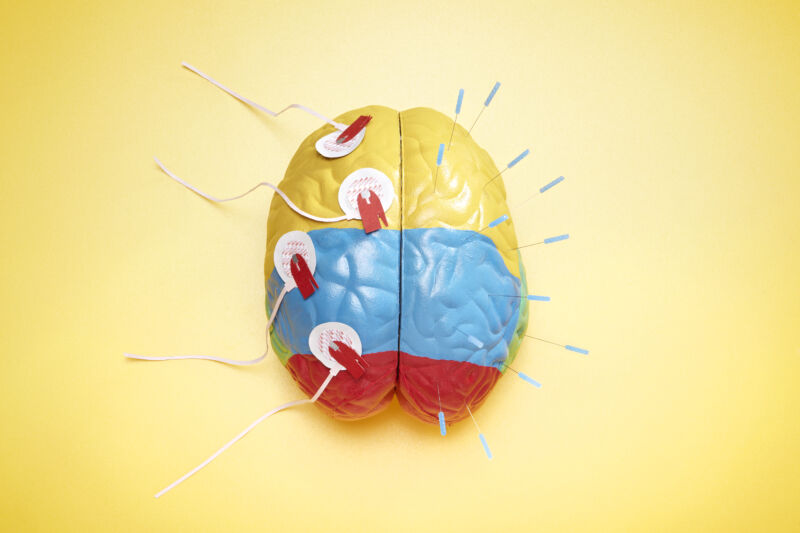Humans are complicated—do we need behavioral science to get through this?

Enlarge / Obviously a very scientific brain. (credit: Johanna Parkin / Getty Images)
In mid-March, just before President Trump declared COVID-19 a national emergency, Stanford psychology professor Robb Willer posted a call to arms on Twitter, asking for suggestions on how the social and behavioral sciences could help to address the pandemic. What ideas might we have to recommend? What research could we do?" he asked. All ideas, half-baked or otherwise, are welcome!"
Given the importance of our social interactions to the spread of the pandemic, behavioral sciences should have a lot to tell us. So Willer got a large response, and the result was a huge team effort coordinated by Willer and New York University social psychology professor Jay van Bavel. The goal: to sum up all the best and most relevant research from psychology, sociology, public health, and other social sciences. Published in the journal Nature Human Behaviour last week-a lightning-fast turnaround for academia-the resulting paper highlights research that addresses behavioral questions that have come up in the pandemic, from understanding cultural differences to minimizing scientific misinformation.
Different sections, each written by researchers with expertise in that particular field, summarize research on topics from social inequality to science communication and fake news. Responding to the crisis requires people to change their behavior, the paper's authors argue, so we need to draw on behavioral research to help align human behavior with the recommendations of epidemiologists and public health experts."
Read 24 remaining paragraphs | Comments